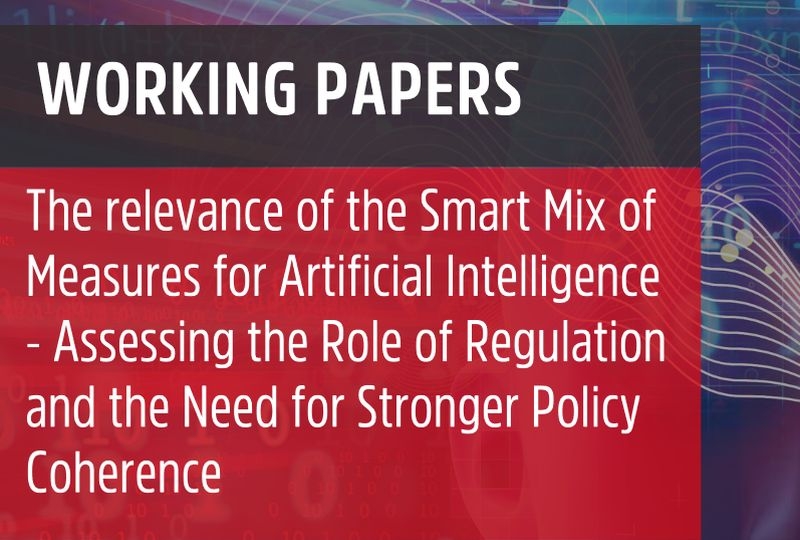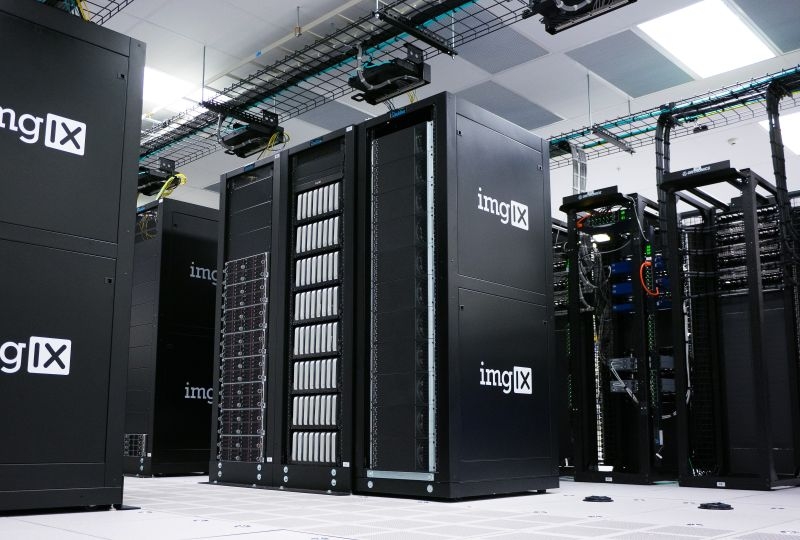While voluntary initiatives on AI ethics proliferated, many stakeholders have highlighted the need for stronger mandatory regulation of these technologies. As a result, some States and international organizations have started implementing regulatory and policy frameworks on AI.
For instance, China has developed policy guidelines for AI, the European Commission has proposed a new legislative proposal on AI regulation, and the Council of Europe established the Ad Hoc Committee on Artificial Intelligence working on a legislative proposal as well.
‘The sole adoption of mandatory regulation on AI may not suffice to foster a rights-respecting culture of conduct in the technology sector. Without robust regulatory bodies with sufficient capacity and resources to oversee the implementation of the measures and monitor compliance with the legal instruments, efforts to regulate AI may lack effectiveness’ explains Dr Ana Beduschi, Senior Research Fellow at the Geneva Academy.









